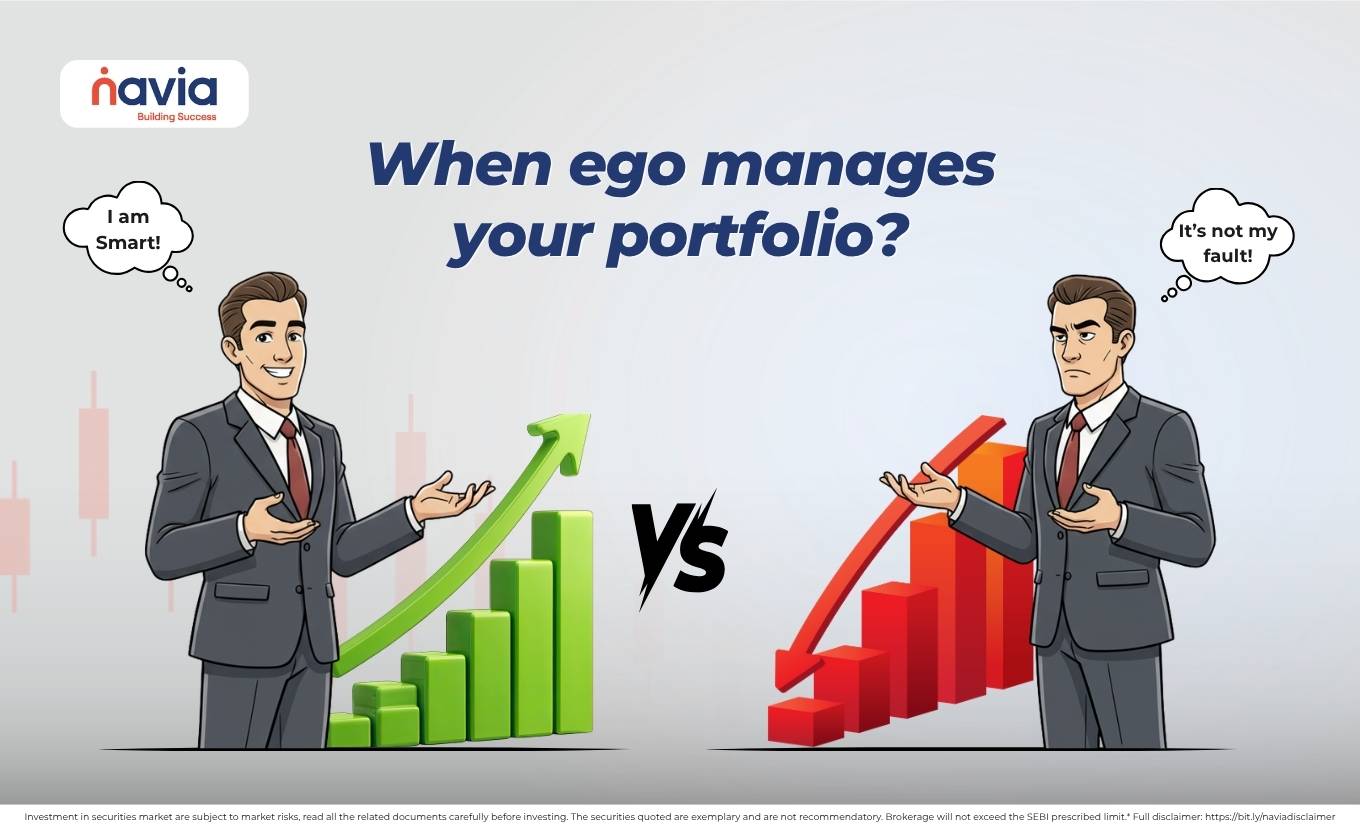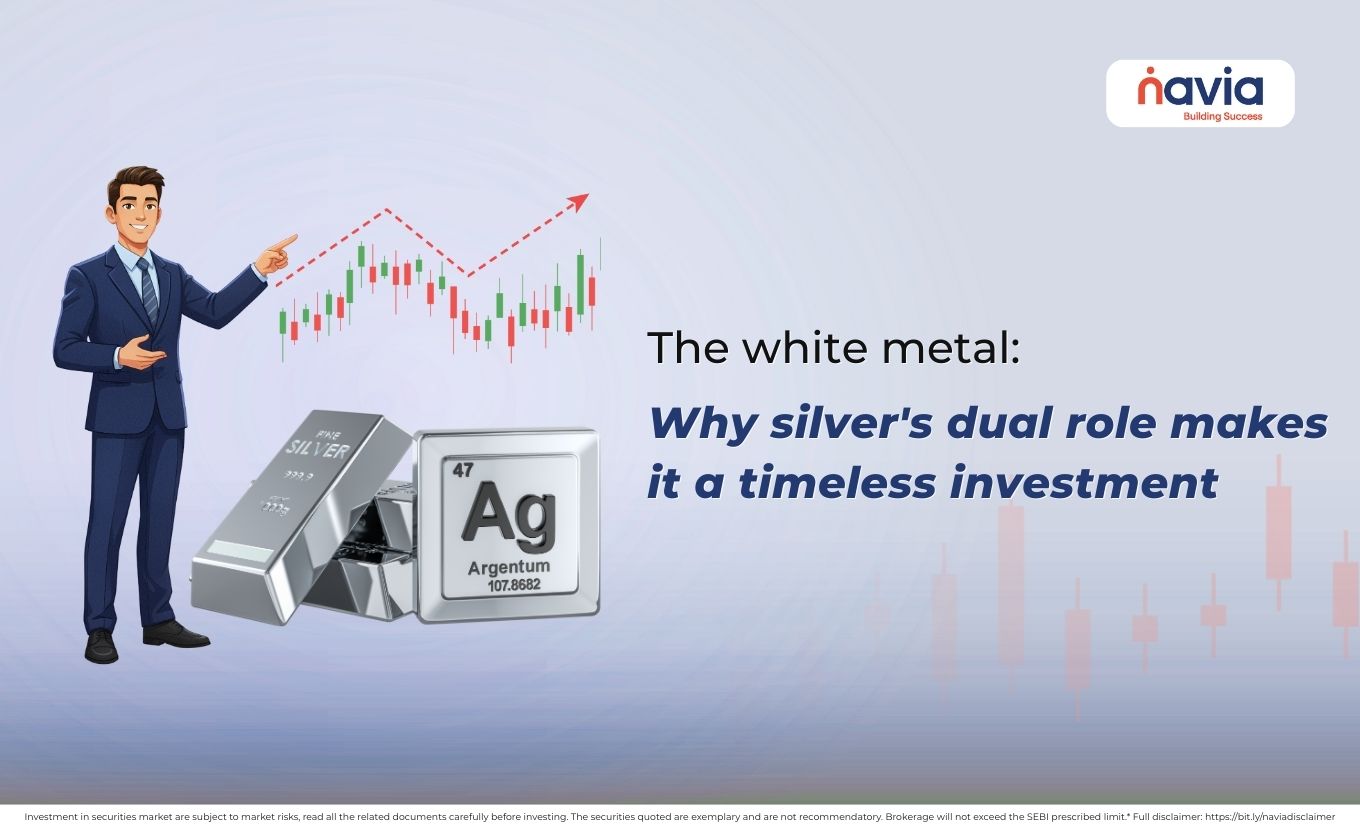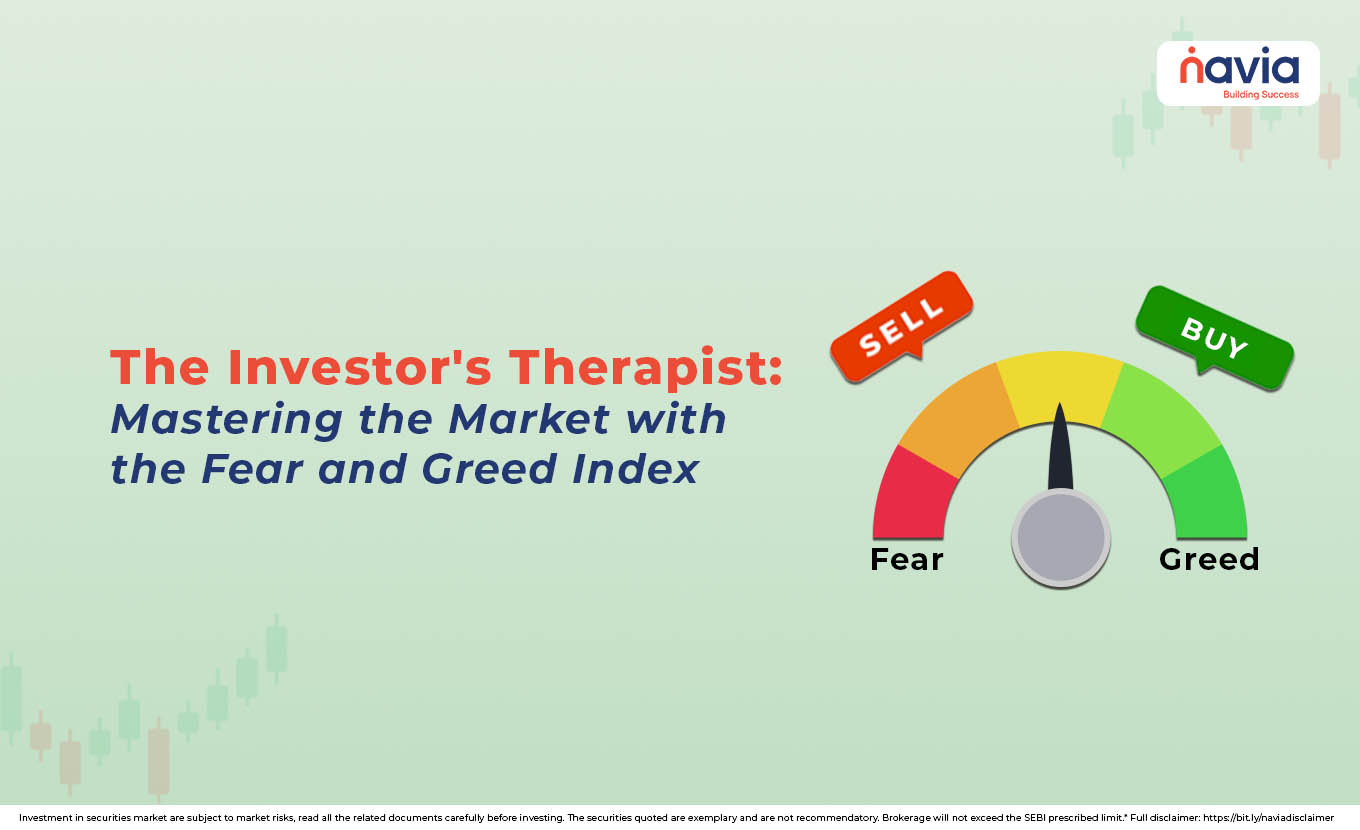When Ego Manages Your Portfolio?

In bull markets, investors proudly ask, “How’s my portfolio doing?” The hidden meaning? “Look at how smart I am—I picked the right stocks.”
But when the same portfolio faces a bear market, the question quickly shifts to, “Why isn’t your portfolio—meaning the advisor’s—performing?”
Funny, isn’t it? Same portfolio, two completely different attitudes. This is self-attribution bias in action.
What is Self-Attribution Bias?
Self-attribution bias is our subconscious way of protecting our self-image:
➣ When things go well → we credit ourselves (“I was smart, I knew it”).
➣ When things go badly → we blame others (“The advisor should have protected me”).
It feels harmless, but it can quietly derail your investment journey.
Why it’s Dangerous?
🔸 Overconfidence in bull runs – Investors take bigger risks, thinking they have a “Midas touch.”
🔸 Blame and anger in bear runs – Leading to distrust, panic selling, or firing advisors unnecessarily.
🔸 Wrong behavior overall – Overtrading, chasing trends, and missing out on long-term compounding.

The Way Forward
If you truly want to build wealth:
➱ Recognize this bias for what it is—a trick of the ego.
➱ Remember that no one controls markets, not you, not your advisor.
➱ Focus on a disciplined investment process: asset allocation, regular reviews, and sticking to long-term goals.
The Takeaway
Markets will always move in cycles. Your ego will tempt you to take credit in good times and shift blame in bad times. But real success comes when you silence the ego and let discipline, not ego, manage your portfolio.
Do You Find This Interesting?
DISCLAIMER: Investment in securities market are subject to market risks, read all the related documents carefully before investing. The securities quoted are exemplary and are not recommendatory. Full disclaimer: https://bit.ly/naviadisclaimer.






